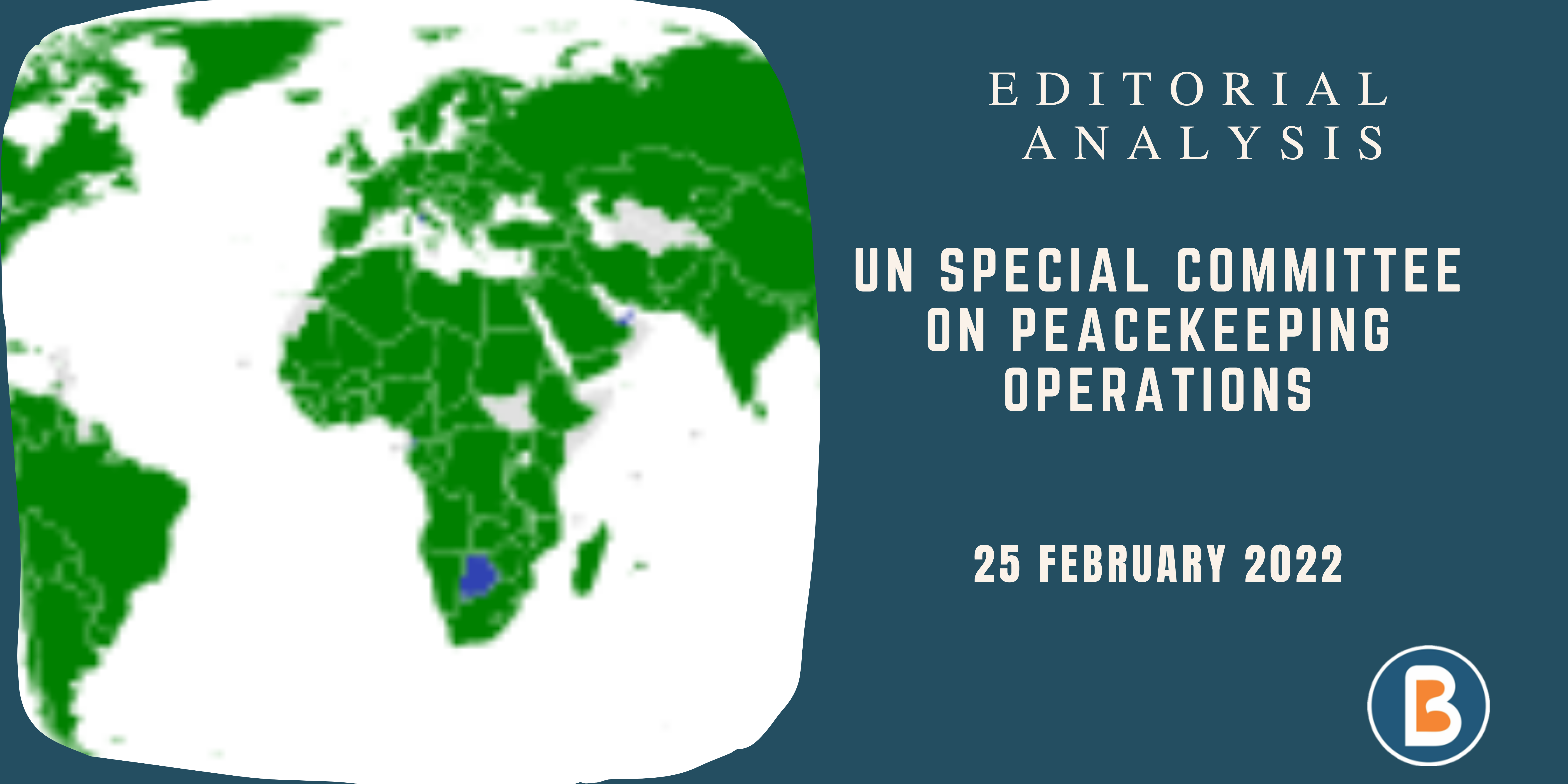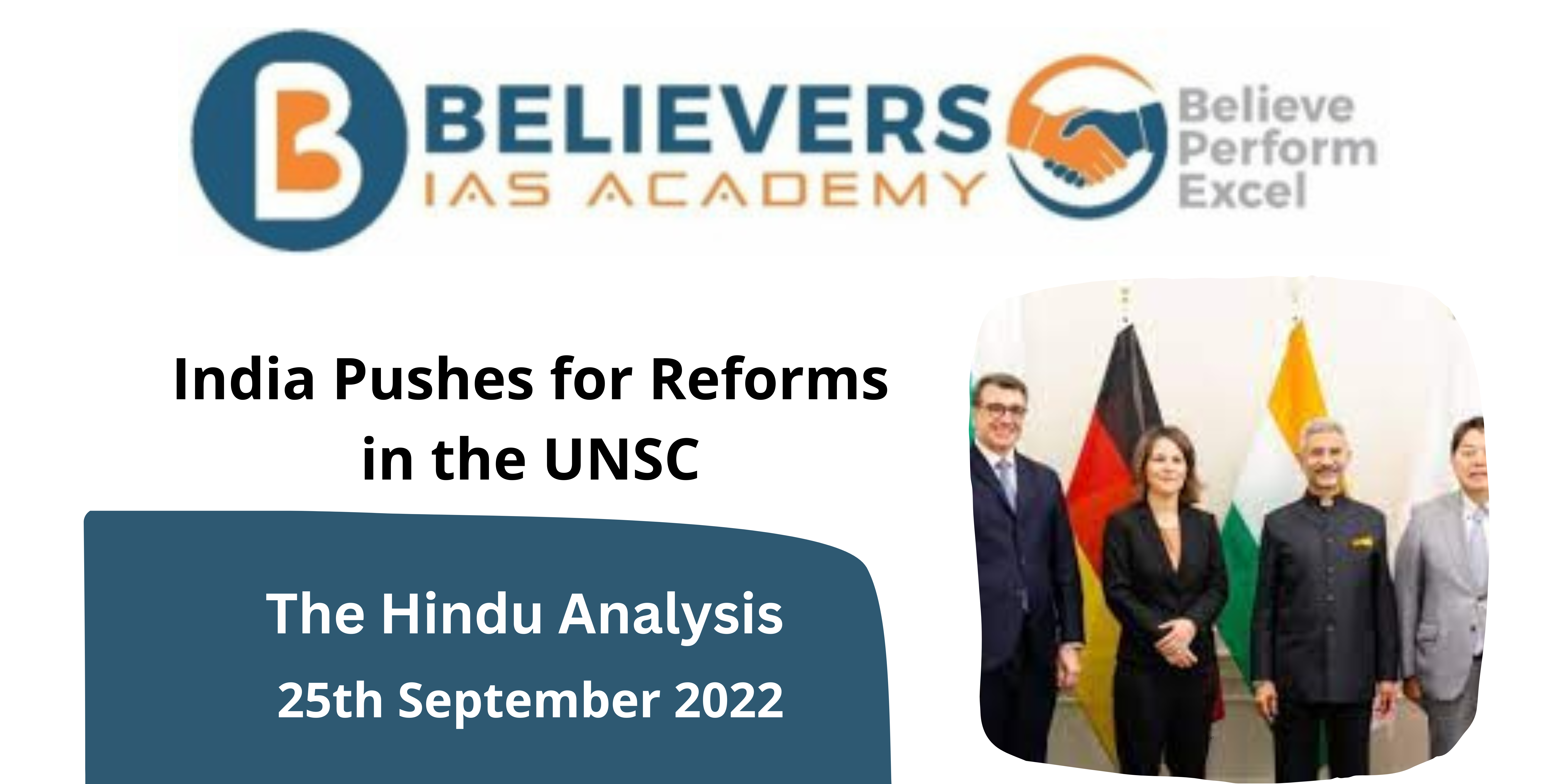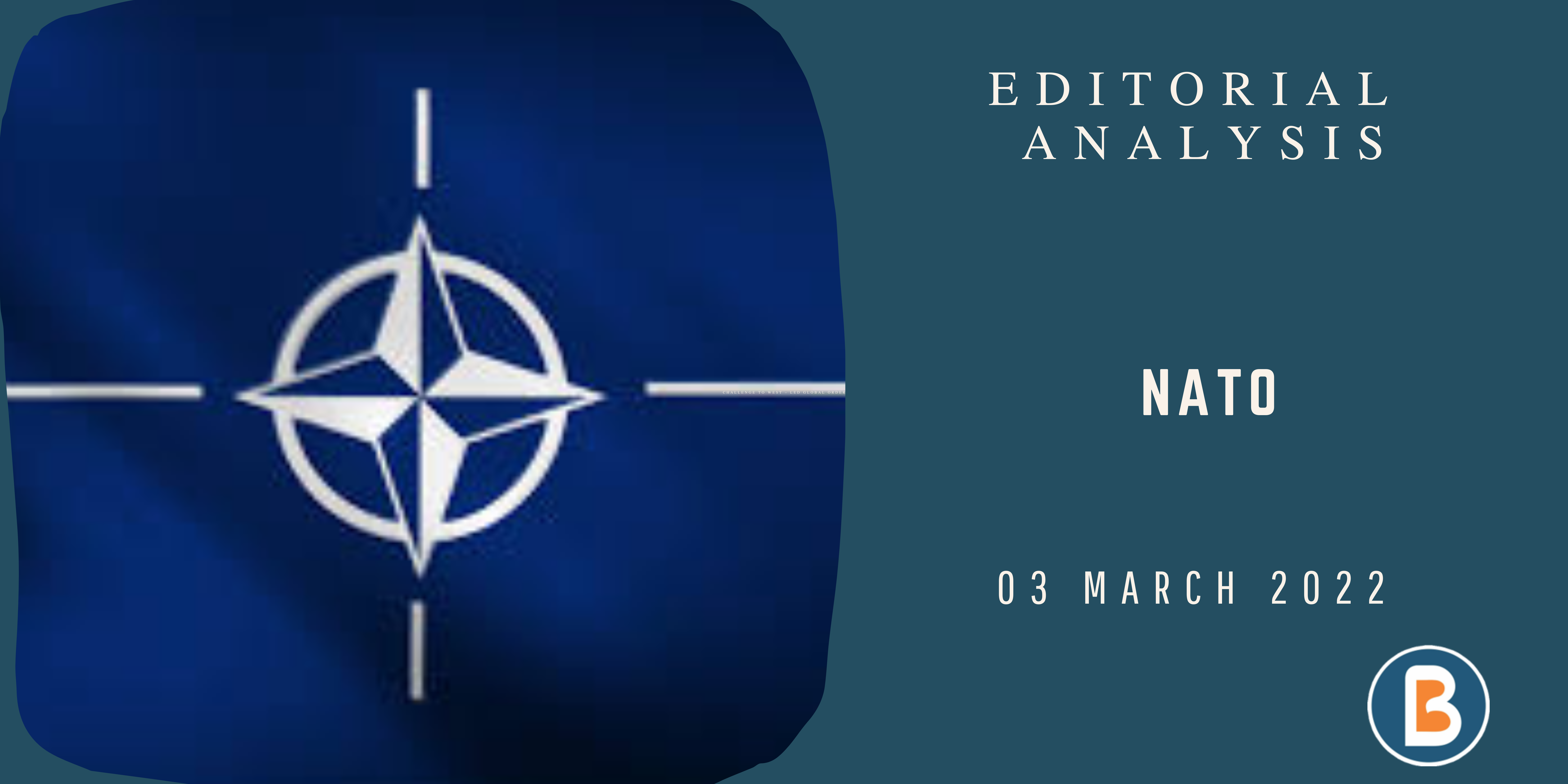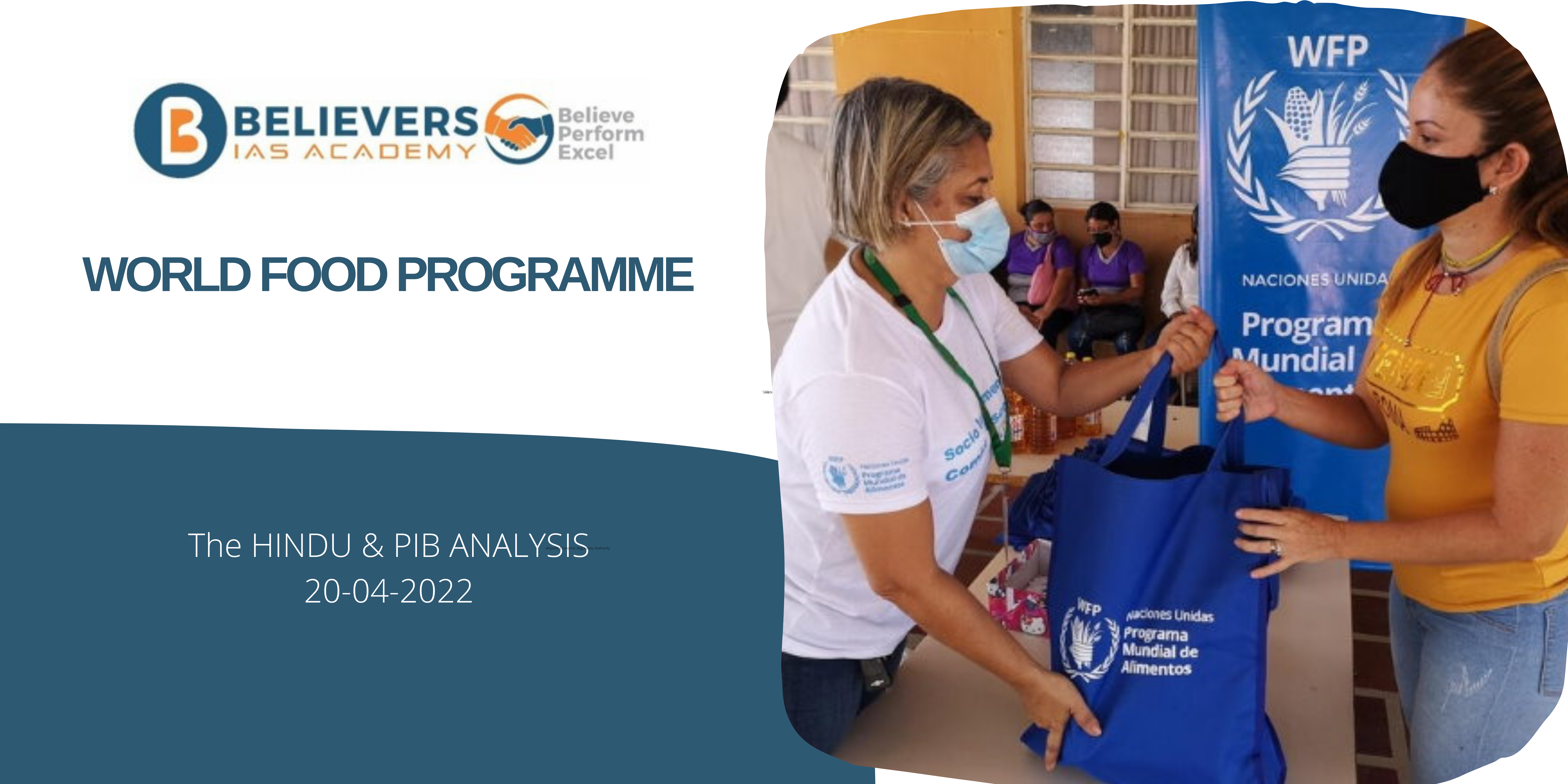UN Special Committee on Peacekeeping Operations
Context:
- On 14 February 2022, India participated in the Annual Debate of the UN Special Committee on Peacekeeping Operations, or the C34.
- The C34 was formed in 1965 as an entity under the 4th Committee of the General Assembly with 34 member states; it now consists of 147 member states. As a longstanding member of the C34, India has had an opportunity to contribute to several important discussions on matters pertaining to peacekeeping and to be a party to the recommendations made by the Committee
Background:
- India’s engagement is a testimony to its abiding interest in the subject and the desire to influence the workings of the peacekeeping mechanism in the most influential of the forums in the global governance of peacekeeping.
- In the Security Council, first, India has supported the basic principles of peacekeeping namely consent, impartiality and non-use of force.
- Second, India has been very vocal about the need for substantial consultations between the TCCs, the Security Council and the Secretariat.
- India has made the case for an enhanced role for the TCCs and also the police contributing countries (PCCs) by way of using their good offices and diplomatic engagement to bolster peace processes.
- Third, India was actively involved in debating the exit strategy from a peacekeeping operation.
- In this context, India pointed out the negative fallouts of sudden exit from a theatre of conflict considering the proactive role played by peacekeepers in demobilisation, disarmament and rehabilitation, security sector reform, rule of law, basic governance, institution building and support to the democratic process.
- Fourth, India has evolved from a position of complete opposition to the involvement of regional organisations in peacekeeping to actually building the capacities of regional organisations, like the African Union (AU), to enable them to undertake peacekeeping.
- Fifth, India has been a strong votary of giving explicit mandates to peacekeeping troops to use force in defending the mandates when confronted with non-state armed groups and trans-border criminal networks.
- Sixth, India has been an ardent supporter of the safety of peacekeeping troops. Seventh, India suggested several ways in which the working of the Department of Peacekeeping Operations and the Department of Field Support could be improved.
- Eighth, India has been a strong votary of increasing the role of women in peacekeeping operations. Finally, India has engaged substantially with the issue of protection of civilians (POC) in armed conflict.
- India pointed to the need to place more troops on the ground to ensure the protection of civilians and provided several practical suggestions drawing on its peacekeeping experience for improving POC.
Conclusion
- Given its critical nature, international peacekeeping may be regarded as one among the many global public goods like non-proliferation or climate change.
- Hence, it is desirable to have a robust regime to govern the issue. However, in the absence of it, discussions in the various forums of the UN remain the only way for countries and other stakeholders to contribute to the governance of international peacekeeping.
- Indian interventions are an effort in the direction.
Source: THE HINDU.




